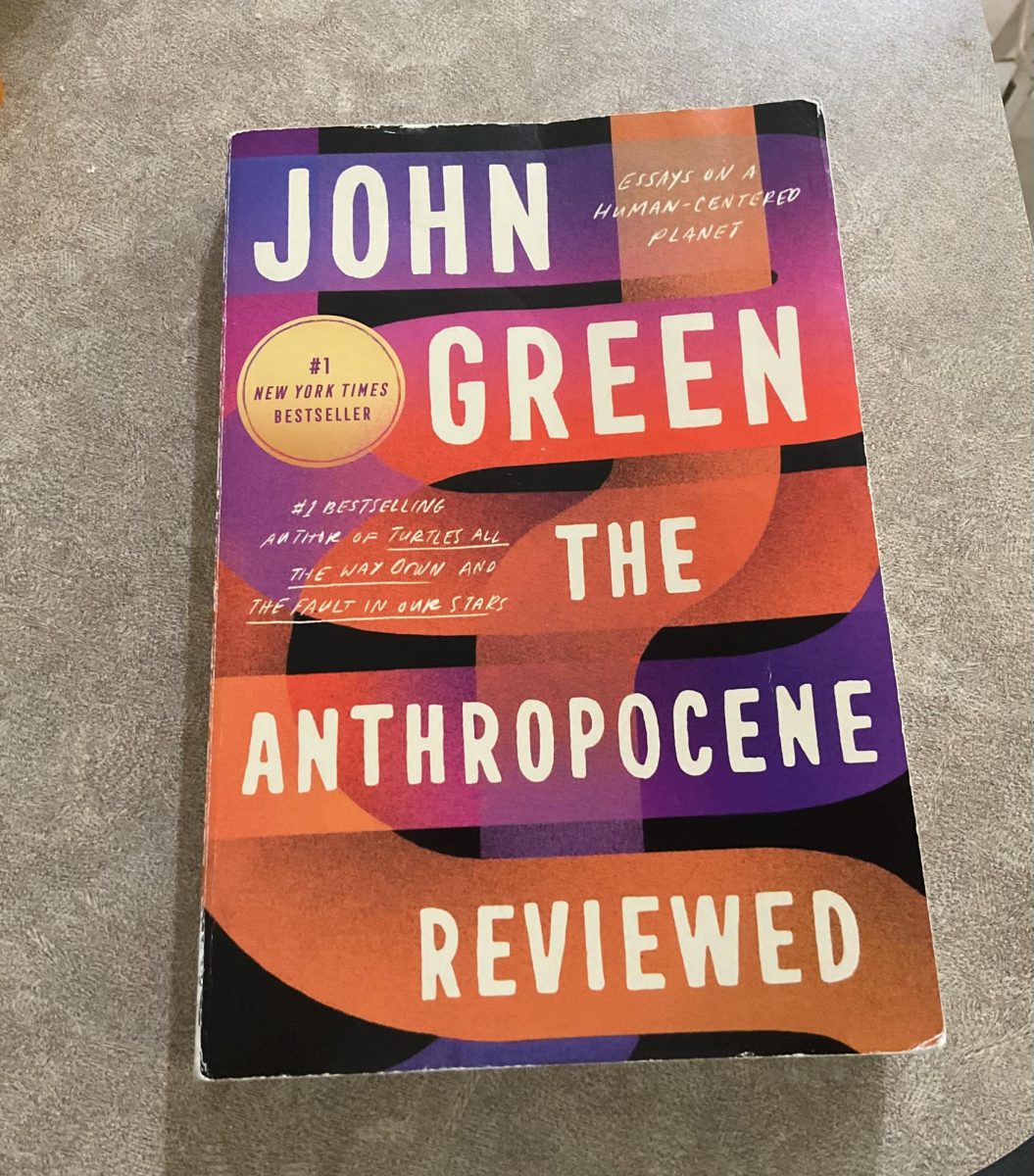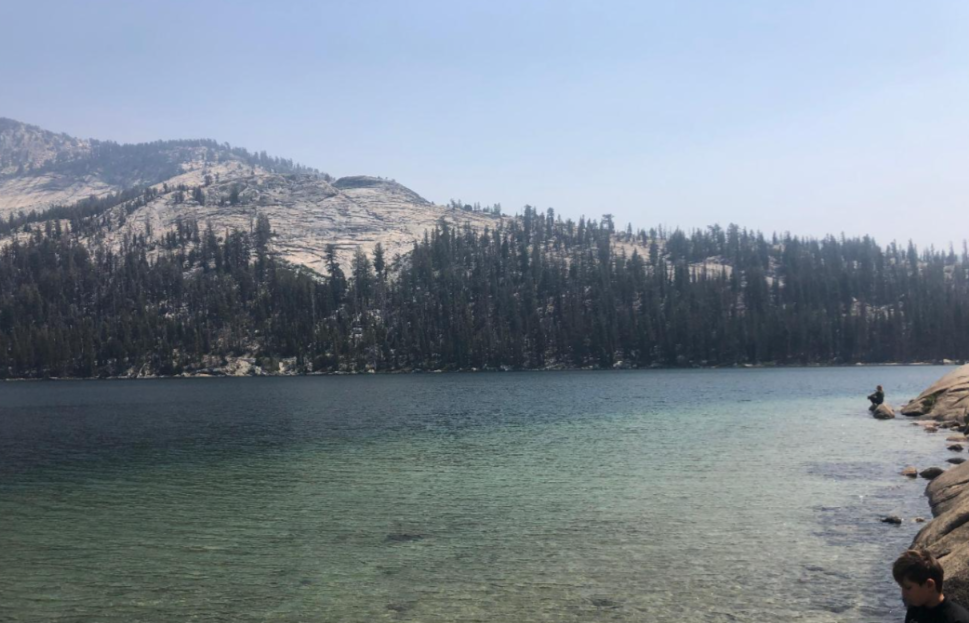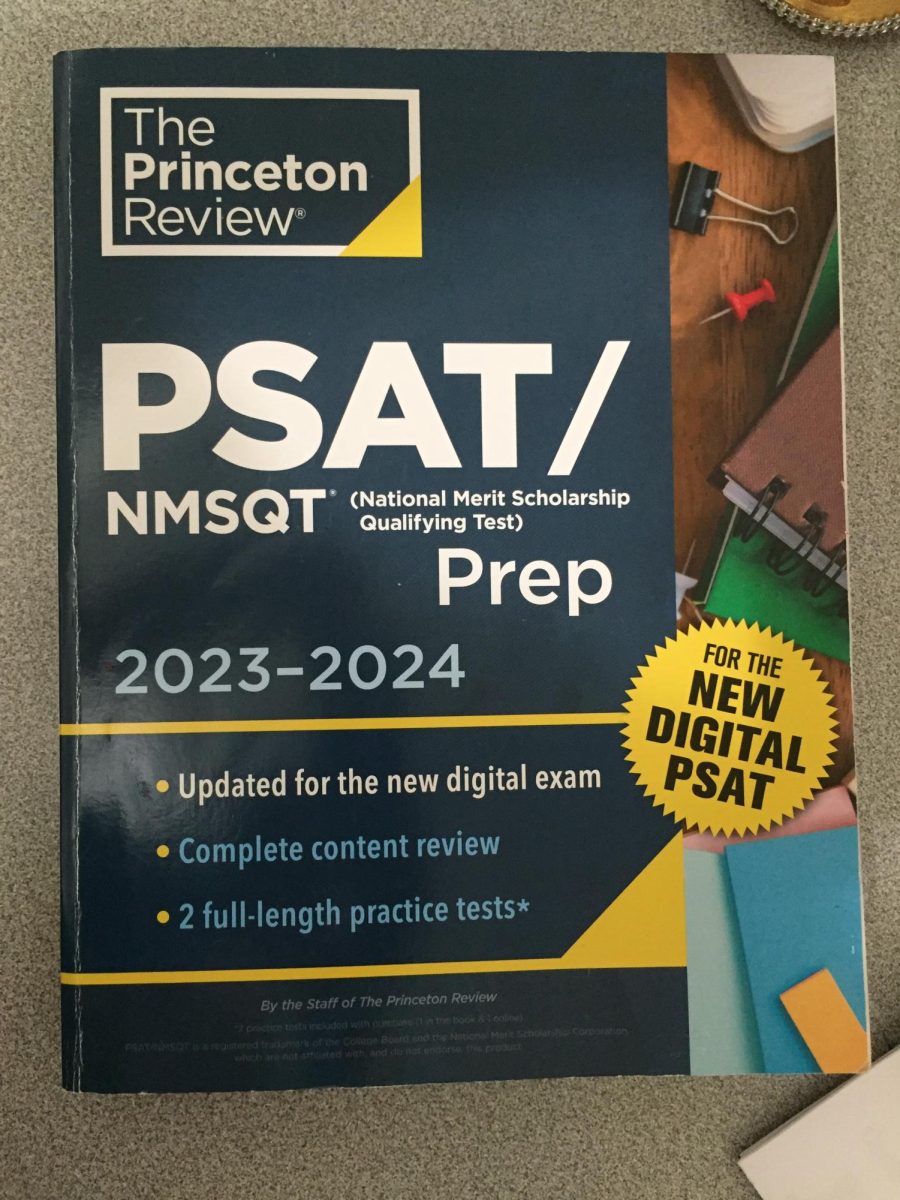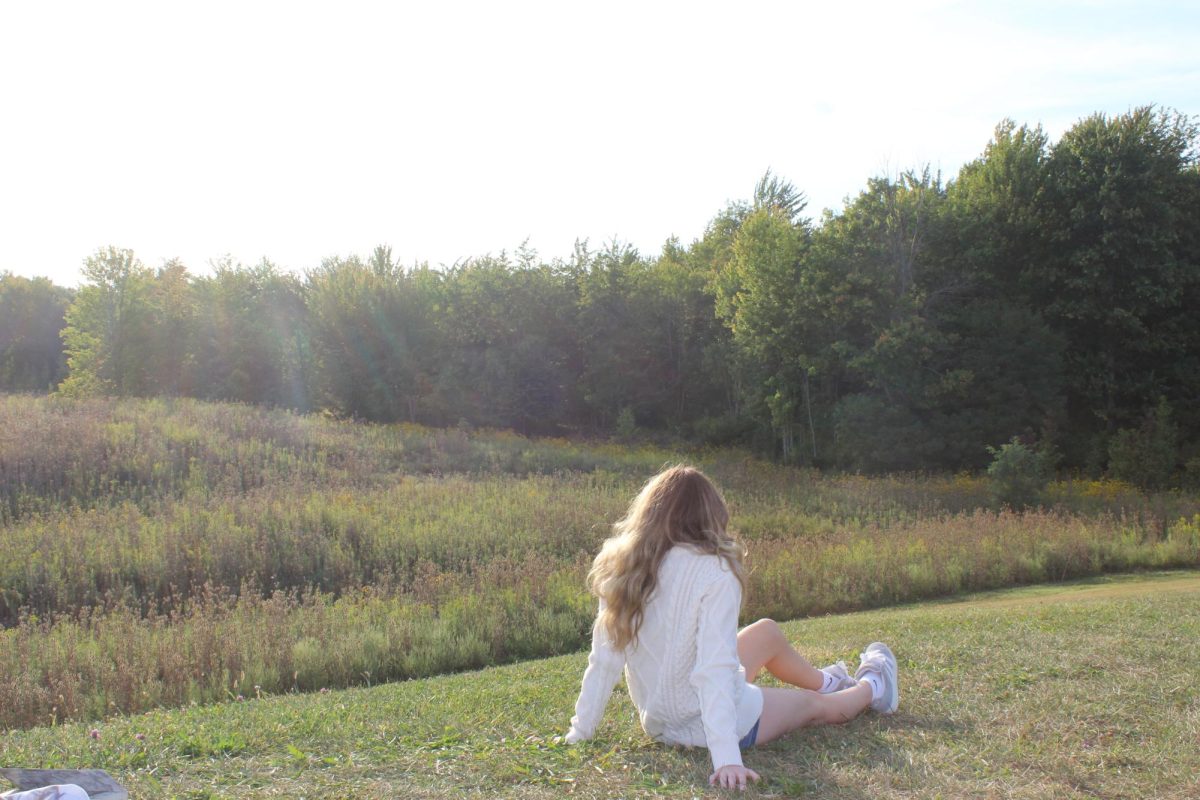As the holiday season approaches, we look forward to celebrating with friends and family, eating comforting foods, embracing warm pine and peppermint scents, and enjoying an interminable favorite: gift giving and receiving. However, overconsumption and waste hide behind the gregarious excitement of the holidays and the high levels of oxytocin (the ‘love hormone’) released while exchanging presents.
Although decorative houses and extravagant gifts have become normalized, consumption habits during the holidays leave an extreme impact on the environment. According to the Environmental Protection Agency, “25% more trash is thrown away between Thanksgiving and the high holidays, which adds up to 25 million tons of garbage each week.”
As a matter of fact, the “season of giving” is the most wasteful time of the year. In 2024, consumer spending is at an all time high and will undoubtedly continue to increase as we inch closer to the holidays.
Shoppers splurge on wrapping paper, gift bags, tissue paper, and plastic packaging that cannot be recycled; as a result, this waste ends up in landfills to decompose and release harmful methane into the atmosphere. Moreover, excess food is a principal culprit of waste during the holiday season. Many holidays are centered around lavish meals with family and friends to celebrate and keep company. While this can be a great way to relax and spend time with the people we are closest to, most families end up throwing away at least a quarter of the food they bought, contributing to the fact that food waste is the third largest contributor of greenhouse emissions. Even the seemingly tiny actions of throwing away food (which could have been saved as leftovers or given to other family and friends) adds up, causing detrimental effects on the environment.
It is more important than ever to be mindful of consumerism and waste this holiday season. Millions of pounds of garbage are stacking up at alarming rates and will continue to have detrimental effects on climate change as well as contamination of habitats and water sources.
Despite the societal pressure of splurging, the holidays can still be an enjoyable and nostalgic season with mindful gift giving, shopping, and acknowledgment of the true meaning of the winter season: expressing gratitude for the people we love.
What are some ways we can limit consumerism and our impact on the environment this holiday season?
- Shop slowly
If you find something you have an urge to buy, even if it is to be gifted to others, wait 48 hours to see if you still want to buy the same item. This will prevent shopping impulsively or wasting money on something you will not use.
- No pressure
Don’t feel pressured to buy expensive gifts for loved ones, even if it can be a social norm. Instead, putting effort into handmade presents and more personal experiences can limit financial distress and the pollution of non-recyclable items.
- Store it
Placing leftover food in containers is a great way to limit the amount of food we throw away. If leftovers are not your cup of tea, encourage family members or friends to take the excess food home.







![Mock Trial members from Gold and Green team last year pose for a picture in front of the OCLRE building in Columbus. "We all put in so much work [last] year. I know [this] year we’ll come back improved and ready to win!” said Ogunbodede.](https://shsleaf.org/wp-content/uploads/2025/10/IMG_4121-1200x822.jpg)
